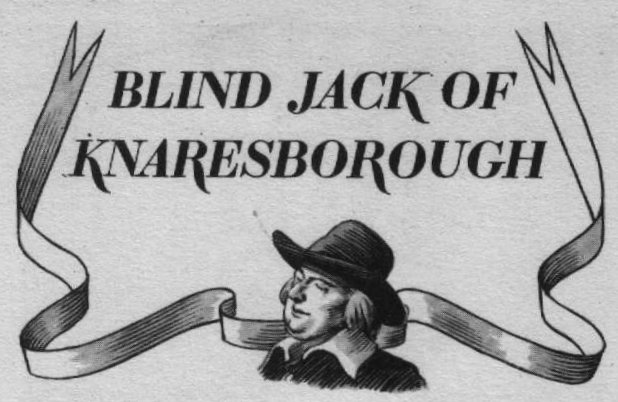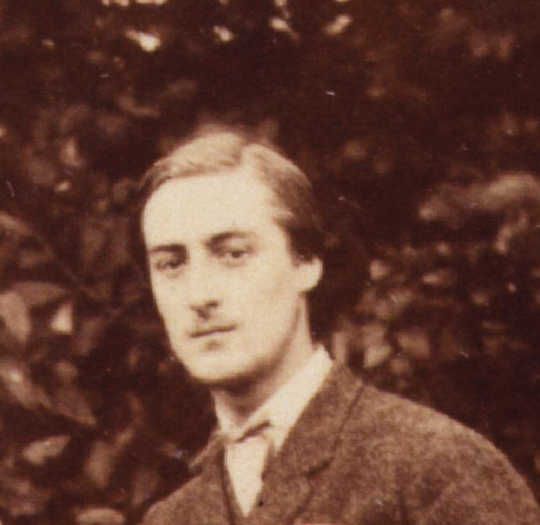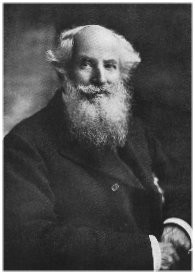When one is covered from head to toe in suppurating boils, one finds that invitations to sophisticated cocktail parties, unlike the boils, dry up. I discovered this through personal experience. There was a time when, like Job, I was tested by the Lord. One such test the Lord devised was to strike me with a plague of boils. It could not have come at a worse time, hot on the heels of a plague of locusts, an infestation of mice, and a bloody ridiculous gas bill. I wouldn’t mind, but it’s not as if I actually get to see any of the gas unless it is already up in flames, burning away. But try telling that to the automaton on the other end of the so-called gas helpline. All you get is a flea in your ear. Speaking of which, I forgot to mention the plague of fleas. That was another test from the Lord, between the locusts and the mice. So I was not best pleased to find myself one day completely covered in suppurating boils, particularly when I was due to attend a sophisticated cocktail party that very evening.
“O Lord,” I implored, on my knees, “I understand why thee tormentest me so, for I am but a snivelling wretch unworthy to crawl upon my belly like a worm or other creeping thing. Having said that, could thee perhaps show mercy and remove from my hideous flesh this plague of suppurating boils, given that I have received an invitation to attend a sophisticated cocktail party this evening and in my present state am barely able to present myself in civilised human company?”
To which I am afraid the Lord replied in a booming authoritarian roar which made the walls tremble. I cannot recall His precise words, but the tone was not reassuring. I got the distinct impression that He expected me to suffer the boils in silence, with hopeless resignation to his Lordly whims, and not to bother Him with pathetic self-pitying supplications. So after a while I got to my feet and went out to the chemist’s.
Luckily there were not many people about at this early hour. Those few that did see me looked on me with horror, or turned their backs, or shielded their eyes. One or two vomited. I cannot say I blamed them, as before leaving the house I had checked my appearance in the hallway mirror. I was not a pretty sight. I dressed as best as I could, in the few pitiful mice-nibbled rags the Lord had seen fit to leave me with, and I wafted a sprig of hyacinths in front of me as I walked, to mask as far as possible the stink of the suppurations, which was considerable.
The chemist and I went back a long way, having been childhood tobogganing pals. Indeed, we had even tobogganed as adults, when conditions were right on the slopes, and he was able to drag himself away from his dispensary. I knew that he, too, had been driven crackers by his gas bills. So I expected a degree of sympathy as I pushed open the door and the little bell clanged and he hove into view behind his counter.
“By Saint Spivack and all the holy martyrs of mediaeval Ravenna!” he cried, “You’re a sight for sore eyes!”
I nodded in agreement, which was unwise, as a glob of pus was shaken free from one of my boils and landed on the clean scrubbed linoleum of the chemist’s shop floor.
“The least you can do is mop that up,” he said, handing me a mop.
I did so, while my pal rummaged among his pills and potions for a suitable unguent.
“I can’t promise this will eradicate your suppurating boils,” he said, handing me a tube of Dr Baxter’s Patent Palliative Cream For Suppurating Boils, Sores, And Buboes, “But it is a cream, and it is a palliative, so in tandem with your sprig of hyacinths it might make you a slightly less noisome and offensive creature.”
I thanked him and paid him and edged carefully out of the door, hoping not to leave any further deposits of pus on the linoleum.
“Are you up for some tobogganing come Sunday?” he called after me, which was thoughtful of him, but we both knew I could hardly enjoy swooping down a snowy slope aboard a toboggan while plagued by suppurating boils.
“That is in the hands of the Lord,” I replied, and hurried off along the lane towards the canal. I would find a shrubbery-sheltered bench somewhere on the towpath and smear my boils with unguent. That, at least, was the plan. I was not to know, nor had my pal the chemist seen fit to warn me, that Dr Baxter, when concocting his Patent Palliative Cream For Suppurating Boils, Sores, And Buboes, had used several ingredients which, in combination, proved absolutely irresistible to swans. Thus it was that, as I hunkered in the shelter of shrubbery, on a bench, smearing my boils, a baker’s dozen of swans came padding out of the canal and surrounded me. It is one of my iron rules never to antagonise a swan, so I tiptoed away as quietly as I could, with only a few of my boils smeared. But the swans, driven to delirium by the whiff of Dr Baxter’s recipe, pursued me. I made it home, and they simply waited outside, occasionally thumping their beaks against the front door.
When evening came, and it was time for me to leave for the sophisticated cocktail party, the swans were still there. I had no choice but to let them follow me, along the lane and past the allotments and through the tunnel under the bypass and past the industrial estate and the science park and the oil refinery and the other allotments, until I reached the gated community wherein the sophisticated cocktail party was taking place. I flashed my permit at the security guard in the booth, who depressed the knob which opened the gate. I hoped he would shut it again quickly, to keep the swans out, but he seemed to think they were my pets, so closely did they tail me. Thus it was that I arrived at the sophisticated cocktail party wafting my sprig of hyacinths, covered from head to toe in suppurating boils made only slightly less noisome and offensive by Dr Baxter’s Patent Palliative Cream, and accompanied by a gaggle of delirious swans.
I plucked a drink from a tray and leaned as insouciantly as I could against a mantelpiece. I was not a social success. In fact, throughout the evening, the only person who came within ten feet of me was a blind flapper with a streaming cold which had robbed her of her sense of smell. We were getting on like a house on fire until she confessed that she was allergic to swans. I did the gentlemanly thing and revealed that there were thirteen swans in close proximity.
“Ah,” she said, “That explains why I have developed a splitting headache, have a ringing in my ears, and pins and needles in my extremities. I had better go out on to the balcony, away from your pet swans, or I am liable to break out in suppurating boils all over my body. Toodle-pip!”
“Wait!”, I cried, “The swans are not my pets and I have a half-full tube of Dr Baxter’s Patent Palliative Cream For Suppurating Boils, Sores, And Buboes!”
But she was already gone.
A social pariah, I at last realised I had outstayed my welcome, and I made my way home, swans in tow. The Lord alone knew when next I would be invited to a sophisticated cocktail party, so I got down on my knees and asked Him. Back came that booming authoritarian roar. Again, I could not make out the individual words, but the tone was if anything even less reassuring than it had been in the morning. I headed for bed convinced that those swans were going to be following me for the rest of my life. When I opened the bedroom door, there they were. They had somehow managed to get into the house, and now they were lined up, all thirteen of them, at the foot of the bed, their black eyes gazing at me, pitiless, savage, and mad.





